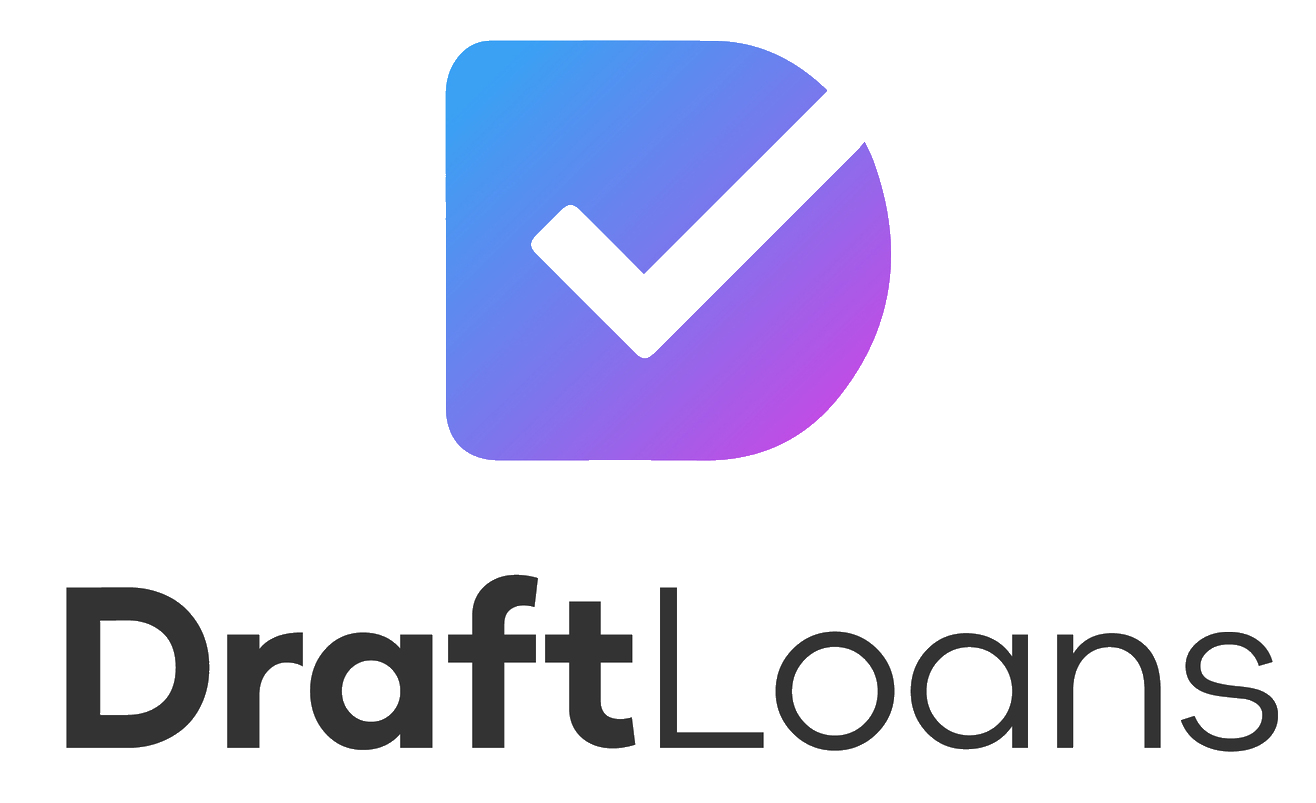Navigating the realm of payday loans, borrowers often find themselves asking: “Can these lenders take me to court if I can’t pay back the loan?” This article will delve deep into the legal aspects surrounding payday loans and court actions to give you a clear picture.
If you’d like help with money, you can apply for a payday loan with us.
Payday Loans and Legal Recourse
Payday loans, like all other financial agreements, are binding contracts. Failure to honor the agreement’s terms can open borrowers up to various consequences, including potential legal actions.

Grounds for Legal Action
Lenders may consider court action due to:
Consistent Non-Payment: This is the primary reason. Continuous defaults may leave the lender with no option but to seek legal redress.
Breach of Agreement Terms: Violating any terms, such as a failed automatic withdrawal, can initiate a lawsuit.
No Communication: Lenders typically prefer to resolve payment issues without involving the courts. Ignoring their outreach might force their hand.
The Court Process Explained
If you’d like help with money, you can apply for a payday loan with us.
Notice of Legal Action: The process begins when you’re served with a notice indicating the lender’s intent to sue.
Seek Legal Counsel: If you receive a notice, consult with a lawyer who specializes in debt cases.
Court Proceedings: Should the matter not be settled outside of court, both parties will present their cases before a judge.
Judgment: If the lender’s claim is upheld, a judgment will be issued detailing how the debt will be settled.

Potential Outcomes of a Court Case
Wage Garnishment: The court may order a portion of your wages to be redirected to the lender.
Asset Seizure: In some cases, certain assets might be seized to repay the debt.
Bank Levies: The court might permit the lender to take funds directly from your bank account.
Avoiding Court: Tips and Best Practices
Understand Your Loan: Before entering an agreement, thoroughly read and understand all terms and conditions.
Stay in Communication: If facing financial difficulties, promptly notify your lender. They might offer extensions or payment plans.
Know Your Rights: Each state has its regulations regarding payday loans. Familiarize yourself with these to ensure you’re treated fairly.
Seek Mediation: If you and the lender are at an impasse, consider mediation as an alternative to court.
State Regulations and Their Impact
It’s crucial to understand that payday loan regulations vary widely across states:
Some states have capped the interest rates that lenders can charge.
Certain states have outright banned payday lending.
Others have stipulated mandatory cooling-off periods between loans to prevent debt traps.
Borrowers should acquaint themselves with their state-specific regulations to know their rights and the limitations imposed on lenders.
While payday loans offer a quick financial fix, they come with responsibilities. The possibility of legal action underscores the importance of being informed and proactive when engaging with payday loan services. Always borrow wisely, communicate openly, and be aware of your rights and obligations.
If you’d like help with money, you can apply for a payday loan with us.
Frequently Asked Questions
Is it common for payday lenders to take borrowers to court?
While many lenders prefer out-of-court settlements, they won’t hesitate to go to court for prolonged defaults or breaches.
What can I do if I’m served with a court notice?
Engage a lawyer, respond within the stipulated timeframe, and consider reaching out to the lender for a potential out-of-court settlement.
Do state regulations protect me from being taken to court?
State regulations mainly guide loan terms, interest rates, and lender practices. While they can provide some protection, they don’t eliminate the possibility of legal action.
Can I dispute a payday loan debt?
Yes, especially if you believe it’s incorrect, fraudulent, or the lender has engaged in unethical practices.
Are there organizations that can help me if I’m facing a lawsuit from a payday lender?
Yes, various non-profit organizations provide legal aid and advice to individuals facing debt-related lawsuits. It’s advisable to consult them if in such a predicament.

